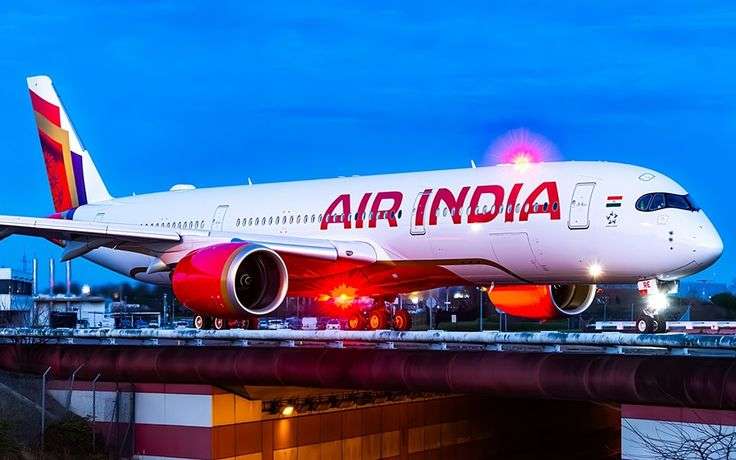
Amid ongoing trade tensions between the United States and China, Air India is capitalizing on a unique opportunity to expand its fleet by acquiring Boeing aircraft originally built for Chinese carriers. The state-run airline, now owned by the Tata Group, is adding these Boeing 737 Max jets—initially undelivered due to geopolitical conflict—into its growing low-cost fleet, giving it a significant edge in the competitive Indian aviation market.
The move follows China’s decision to halt deliveries of Boeing aircraft as a retaliatory measure against increased U.S. tariffs on Chinese imports. This sudden disruption in orders left Boeing with dozens of completed aircraft grounded and undelivered. Air India stepped in to make the most of the situation by acquiring 41 of these jets, with plans to receive at least nine more by mid-2025.
These jets are being integrated into Air India Express, the budget arm of the airline, which directly competes with India’s dominant low-cost carrier, IndiGo. With this strategic fleet expansion, Air India is not only ramping up capacity but also preparing for an aggressive push in both domestic and short-haul international markets.
Boeing’s situation presented a timely opportunity for Air India to fast-track its modernization and expansion plans. Generally, it takes several years to complete the process of ordering and receiving an aircraft. However, since these jets were already built, the turnaround time was significantly reduced. The airline is making slight modifications, such as reconfiguring the cabin layouts to suit its all-economy-class format. However, supply chain issues have slightly delayed the interior retrofitting process.
This development comes on the heels of Air India’s broader transformation plan under the Tata Group. With a focus on improving service, updating its fleet, and unifying its operations across brands, the acquisition of these aircraft fits into its larger growth strategy. The airline is undergoing one of the most ambitious revamps in Indian aviation history, aiming to reclaim its status as a world-class carrier.
The global context also adds weight to this move. The Boeing 737 Max faced a worldwide grounding in 2019 following two fatal crashes. Although it has since returned to service in many countries, China’s regulators remained cautious, slowing Boeing’s recovery in the region. This backlog created a surplus of aircraft, which Boeing was eager to place with new buyers, such as Air India.
Moreover, this transaction highlights how global political tensions can create unexpected business opportunities. With the trade war between the U.S. and China showing no signs of abating, Indian carriers may continue to benefit from the fallout, especially as they look to grow rapidly in a booming aviation market.
Air India’s decision is not just about aircraft—it’s a signal of its broader ambition to emerge as a dominant force in Asian skies. By acting swiftly and decisively, the airline is transforming a global challenge into a strategic win.


